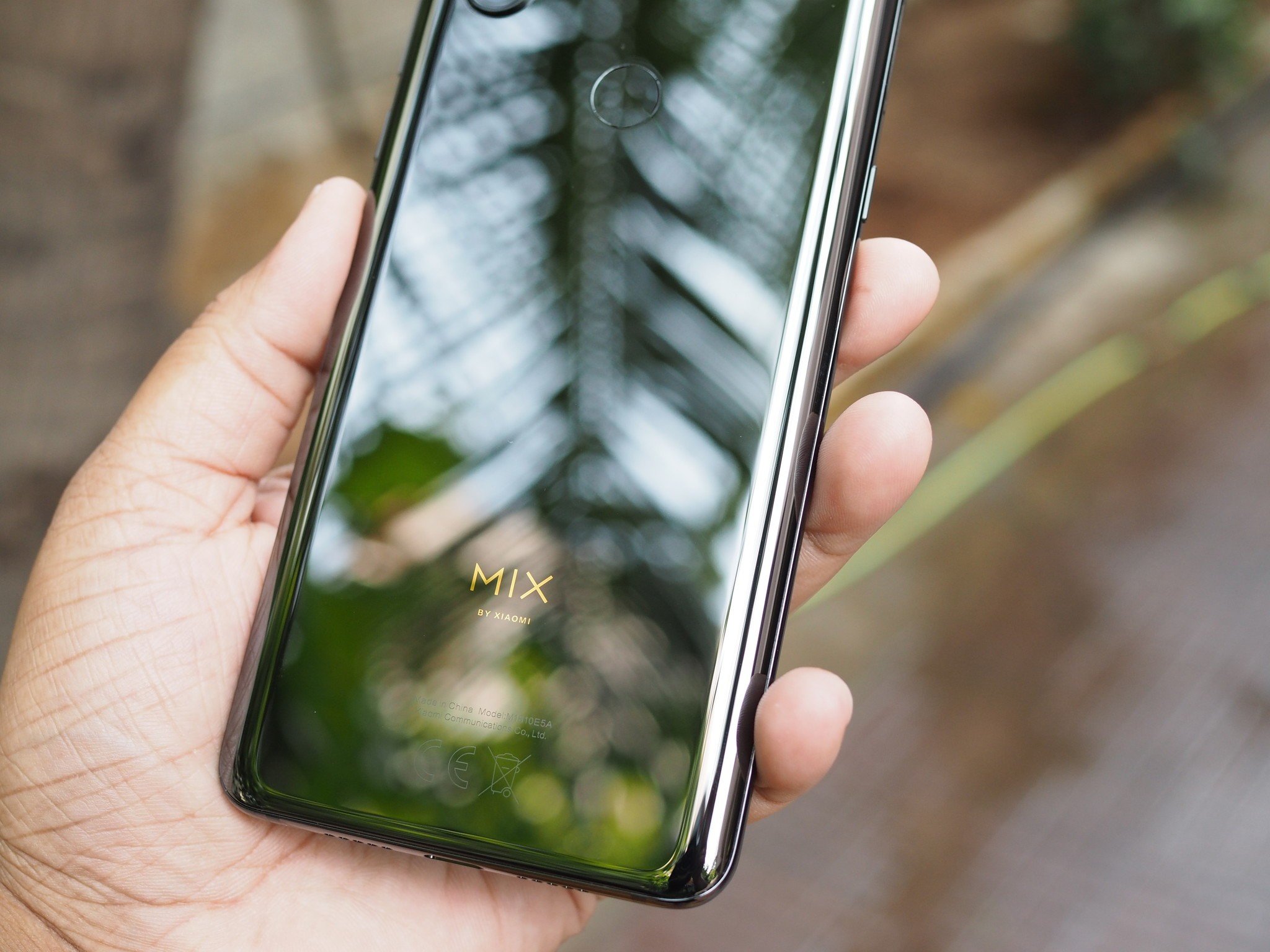Xiaomi wants to focus on the premium segment in India, but it faces an uphill battle

What do you think of when you hear the Xiaomi name? For Indian consumers, the brand is synonymous with budget phones, and for good reason. For the last five years, Xiaomi flooded the Indian market with a wave of entry-level and budget phones, allowing it to rise up the ranks and become the country's largest phone manufacturer. Xiaomi held that title for more than two years now, and it did so purely on the back of the Redmi series.
That's why it's interesting to see that the brand is now focusing its attention on the premium segment. At a roundtable held in Delhi earlier this week, Xiaomi's category head Raghu Reddy charted out the brand's commitment to the premium category, stating to Gadgets 360 that several "Mi premium flagship devices" will make their debut in India over the course of 2020.
Xiaomi will have a tough time casting off its budget roots and establishing itself as a premium brand in India.
Xiaomi's intentions are straightforward enough, but the brand will have a tough time convincing customers to buy into its premium devices. Xiaomi has done a remarkable job establishing itself as a budget player, and to break off those roots and focus on the premium segment will be a significant undertaking. Xiaomi spun off the budget Redmi series into its own sub-brand last year, and while there's a clear differentiation between both the Redmi and Mi brands in China, that isn't the case in India.
The Redmi brand is synonymous with the Mi label in India, and that has worked for Xiaomi in the past because it didn't launch many high-end devices in the country. Aside from the Mi Mix 2 and the Android One-based Mi A1/A2/A3, Xiaomi has focused solely on Redmi devices, but it is now looking to change that. From Reddy:
We had only the Mi A series in the last two, three years — Mi A1, Mi A2, and Mi A3. Outside of that, we didn't have any tangible product out there. But now, when we're saying that we are looking to build on the Mi series to build premium flagship devices and bring them into the country, there is going to be clear differentiation and that means that you will see a very distinctive approach for Redmi and a very distinctive approach for Mi — both of which are going to be different from each other.
Why is Xiaomi suddenly interested in launching premium products in India, you ask? Realme, of course. The BBK-owned upstart is eating into Xiaomi's market share in the entry-level and budget segments, and it has managed to outmaneuver Xiaomi at every turn in 2019. So Xiaomi is doing what it can to stay ahead of the game, and that means leveraging its vast catalog of IoT and lifestyle products under the Mi label. There really isn't another brand in this part of the world that offers such a diverse array of smart home products, and Xiaomi will be looking to use that to its advantage in India.
Xiaomi now has the unenviable task of luring customers away from the likes of Samsung and OnePlus.
Another point to consider with the newfound shift to the premium segment is that Xiaomi will be looking to launch devices like the Mi Mix Alpha in India at some point this year. Whether customers will actually buy a Mi-branded device over the likes of Samsung or OnePlus is an entirely different matter. The Mi Mix 2 failed to attract any momentum in India two years ago, and in that time OnePlus has consolidated its position in this category.
Furthermore, Xiaomi's perception as a value player means it will have a tough time convincing buyers to shell out the big bucks. The backlash that ensued with the Redmi K20 series is clear proof that Indian customers are primarily interested in getting their money's worth when they're picking up a Xiaomi product. While Xiaomi was able to deliver on that front in the budget category by regularly delivering great value — often taking a hit to the bottom line — it won't be emulate a similar strategy in the premium segment.
Be an expert in 5 minutes
Get the latest news from Android Central, your trusted companion in the world of Android
Only time will tell whether Xiaomi is able to leverage Mi as a premium brand in India, but its roots in the budget segment pose a significant hurdle to the brand.

Delivering in all the areas that count.
The Redmi K20 Pro has all the features you care about, including high-end internals, battery life that lasts two days, and a vibrant screen. The design is sure to turn heads, the base variant has 128GB of storage, and the value on offer here makes it a great value flagship.

Harish Jonnalagadda is Android Central's Senior Editor overseeing mobile coverage. In his current role, he leads the site's coverage of Chinese phone brands, networking products, and AV gear. He has been testing phones for over a decade, and has extensive experience in mobile hardware and the global semiconductor industry. Contact him on Twitter at @chunkynerd.
